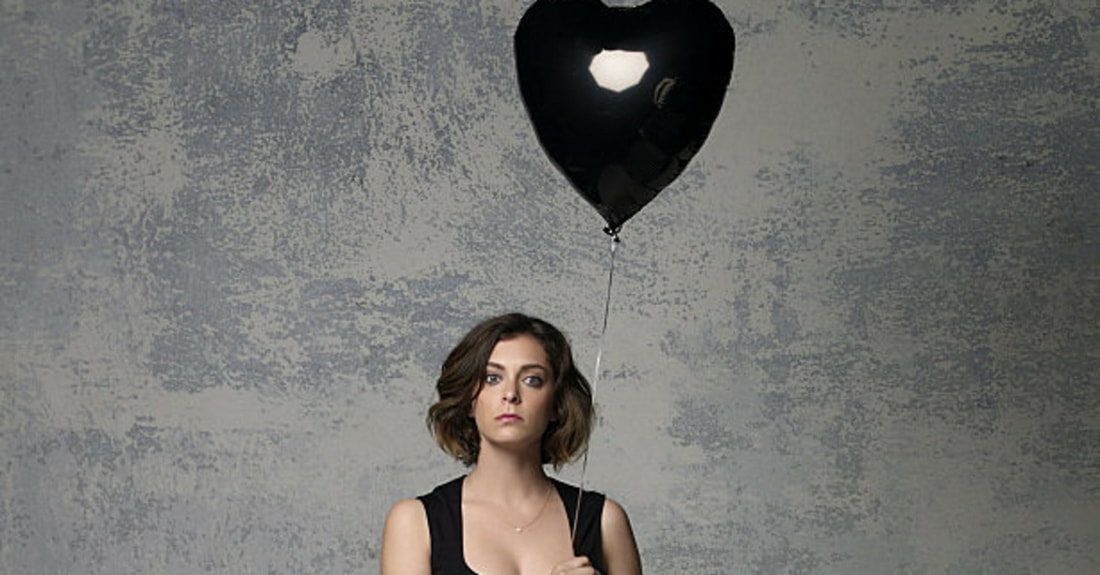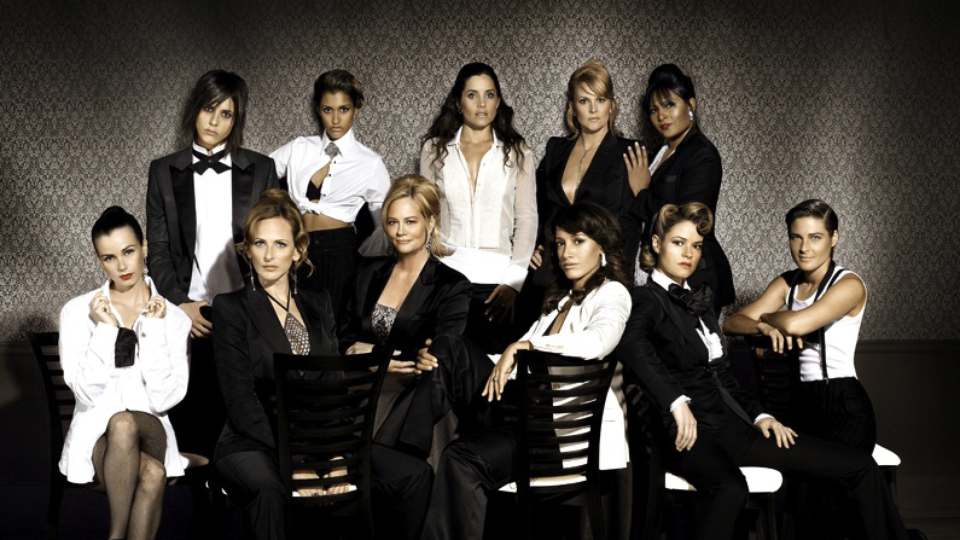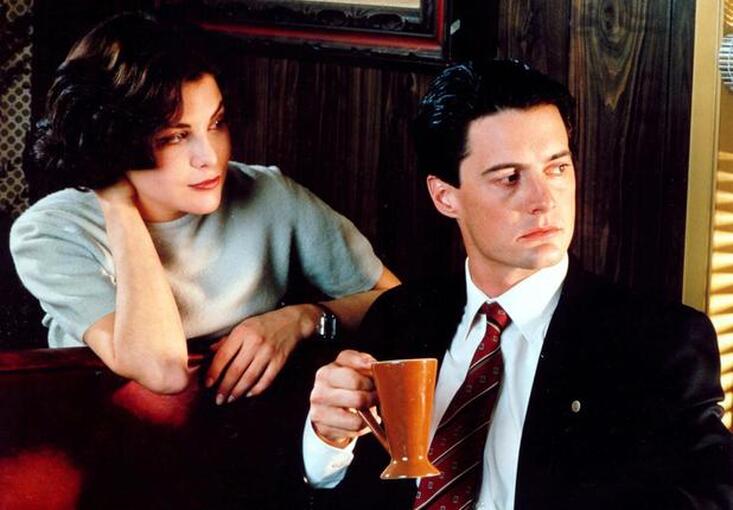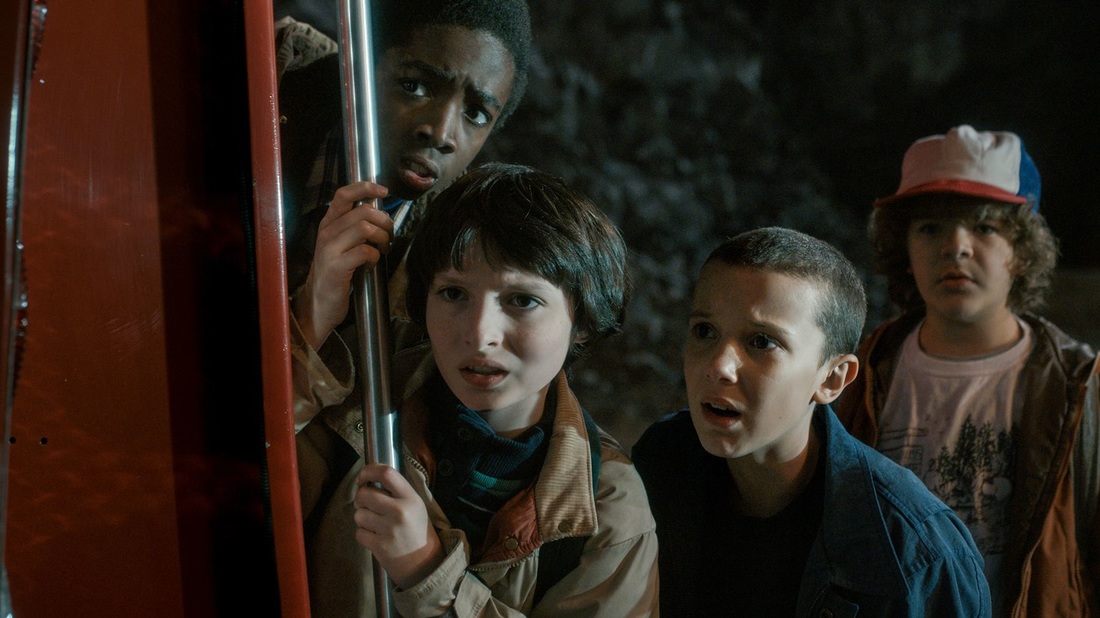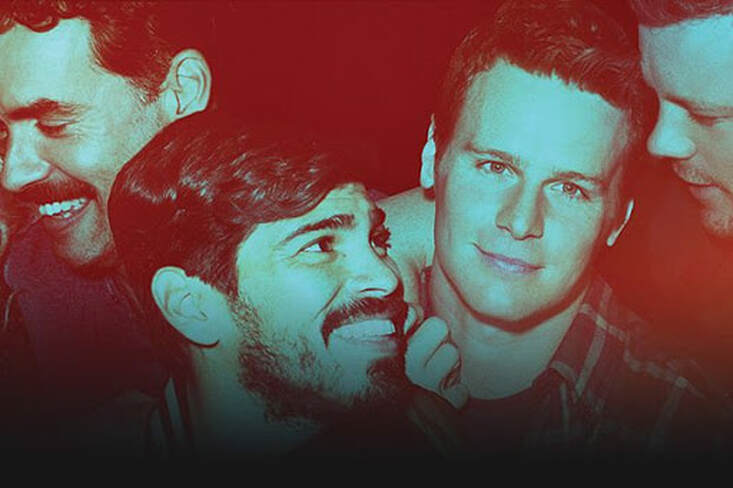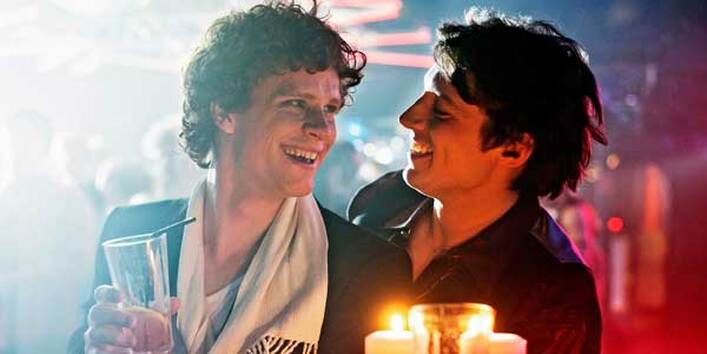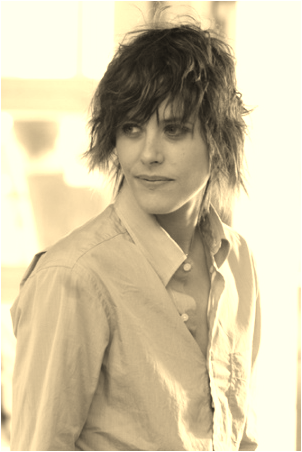SPOILER WARNING: THIS ARTICLE IS FULL OF SPOILERS INCLUDING THE SERIES FINALE
Watching the final episode of CW’s Crazy Ex-Girlfriend yesterday evening, I felt an overwhelming surge of emotion and affection for the show, its characters, and its ground-breaking approach to complex issues. The finale did exactly what a good finale should, the Eleven O'Clock number the perfect emotional turning point to herald the end of the series. The finale gave the stories of key characters satisfying conclusions and, fittingly, the end marked a beginning for Rebecca Bunch, whose story is central to the series. It didn’t throw any last-minute curve-balls and it felt narratively consistent with Rebecca’s journey in the final season.
I decided to return to the first episode after finishing the last, and it heightened my sense that the series did a terrific job coming full circle. It gave us an ending that offered substantial character growth and enough open endings to afford fans the freedom to imagine what might come next, without feeling incomplete. The series follows New York City lawyer Rebecca Bunch—played by series co-creator Rachel Bloom—as she embarks on a quest for true happiness, something she believes can be found in that crazy little thing called love. If you're after the too long; don't read version, the first season’s catchy and cartoonish Theme provides a handy overview as well as offering an early example of the show’s meta strategies and tongue-in-cheek willingness to poke fun at itself and its characters.
Watching the final episode of CW’s Crazy Ex-Girlfriend yesterday evening, I felt an overwhelming surge of emotion and affection for the show, its characters, and its ground-breaking approach to complex issues. The finale did exactly what a good finale should, the Eleven O'Clock number the perfect emotional turning point to herald the end of the series. The finale gave the stories of key characters satisfying conclusions and, fittingly, the end marked a beginning for Rebecca Bunch, whose story is central to the series. It didn’t throw any last-minute curve-balls and it felt narratively consistent with Rebecca’s journey in the final season.
I decided to return to the first episode after finishing the last, and it heightened my sense that the series did a terrific job coming full circle. It gave us an ending that offered substantial character growth and enough open endings to afford fans the freedom to imagine what might come next, without feeling incomplete. The series follows New York City lawyer Rebecca Bunch—played by series co-creator Rachel Bloom—as she embarks on a quest for true happiness, something she believes can be found in that crazy little thing called love. If you're after the too long; don't read version, the first season’s catchy and cartoonish Theme provides a handy overview as well as offering an early example of the show’s meta strategies and tongue-in-cheek willingness to poke fun at itself and its characters.
